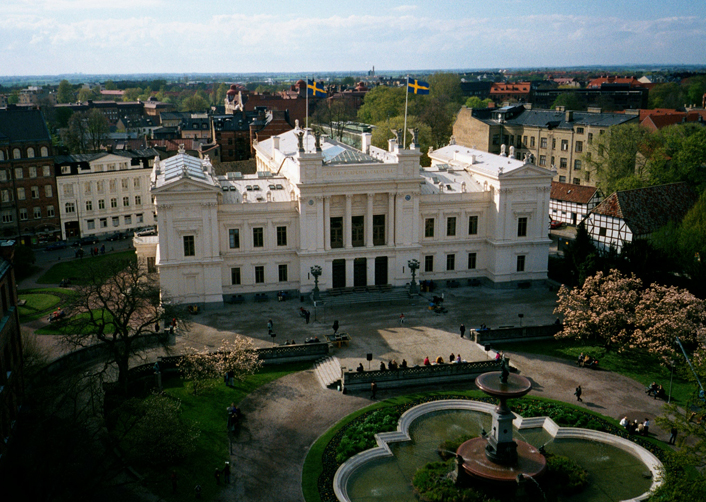Lund University was founded in 1666 and is repeatedly ranked among the world’s top 100 universities. The University has around 44 000 students and more than 8 000 staff based in Lund, Helsingborg and Malmö. We are united in our efforts to understand, explain and improve our world and the human condition.
Lund University welcomes applicants with diverse backgrounds and experiences. We regard gender equality and diversity as a strength and an asset.
Subject description
This position is at the interface of the research areas of statistical mechanics, probability theory, potential theory, fluid dynamics, geophysics and oceanography. It deals with nonlinear partial differential equations and systems of interacting particles appearing in turbulence models. The position is part of the research project “Discrete models for turbulent flows”, financed by the Crafoord Foundation. The project focusses on the investigation of fluid dynamical models in two dimensions, with a particular focus on the effective behaviour and stability of certain models in turbulent flows. The position will be placed at the Division of Mathematics LTH and Numerical Analysis.
Work duties
The main work duty is to conduct research. Teaching may also be included, but up to no more than 20% of working hours.
Detailed description of the work duties:
- Research within the subject area.
- Teaching in the first, second and third cycles of studies.
- Opportunity for training in higher education teaching and learning shall be given if teaching is part of the work duties.
- Supervision of degree projects and doctoral students.
- Administration related to the work duties listed above.
Qualification requirements
Applicants must have:
- A PhD or equivalent research qualification within the subject area of the position.
- A track record of publications within the subject area of the position.
- Documented ability to work independently in research projects.
- Very good oral and written proficiency in English.
Assessment criteria and other qualifications
The assessment of the applicants will primarily be based on their research qualifications and potential contribution to the research project. Previous research experience in geophysical fluid dynamics, especially vortex dynamics and generalized Euler dynamics, is an advantage.
Consideration will also be given to good collaborative skills, drive and independence, and how the applicant’s experience and skills complement and strengthen ongoing research within the department, and how they stand to contribute to its future development.
Terms of employment
This is a full-time, fixed-term employment of 2 years.
Instructions on how to apply
Applications shall be written in English and be compiled into a PDF-file containing:
- résumé/CV, including a list of publications,
- a general description of past research and future research interests,
- contact information of at least two references,
- copy of the doctoral degree certificate, and other certificates/grades that you wish to be considered.
| Type of employment | Temporary position longer than 6 months |
|---|---|
| Contract type | Full time |
| Number of positions | 1 |
| Working hours | 100 |
| City | Lund |
| County | Skåne län |
| Country | Sweden |
| Reference number | PA2022/487 |
| Contact |
|
| Union representative |
|
| Published | 23.Feb.2022 |
| Last application date | 23.Mar.2022 11:59 PM CET |

